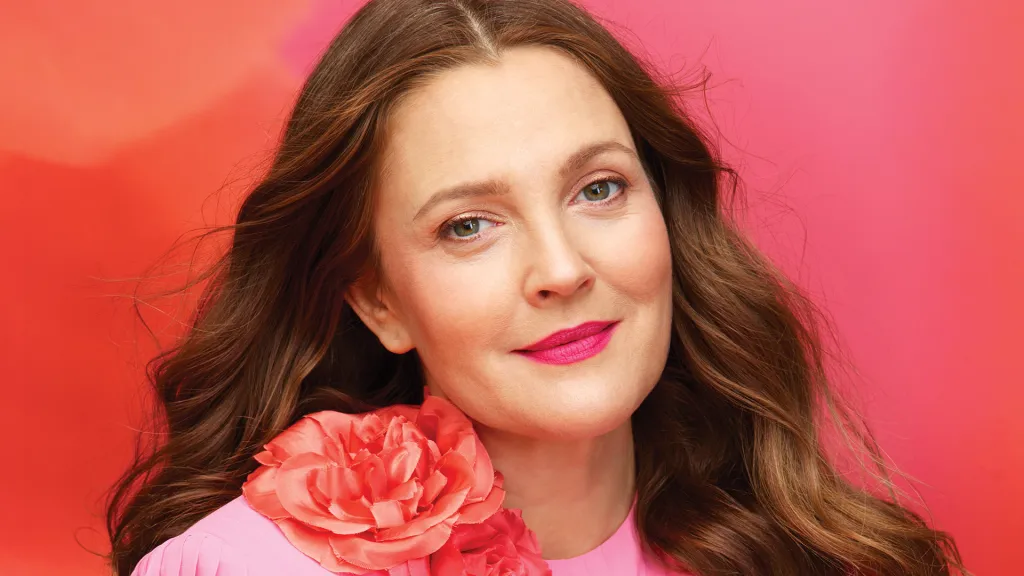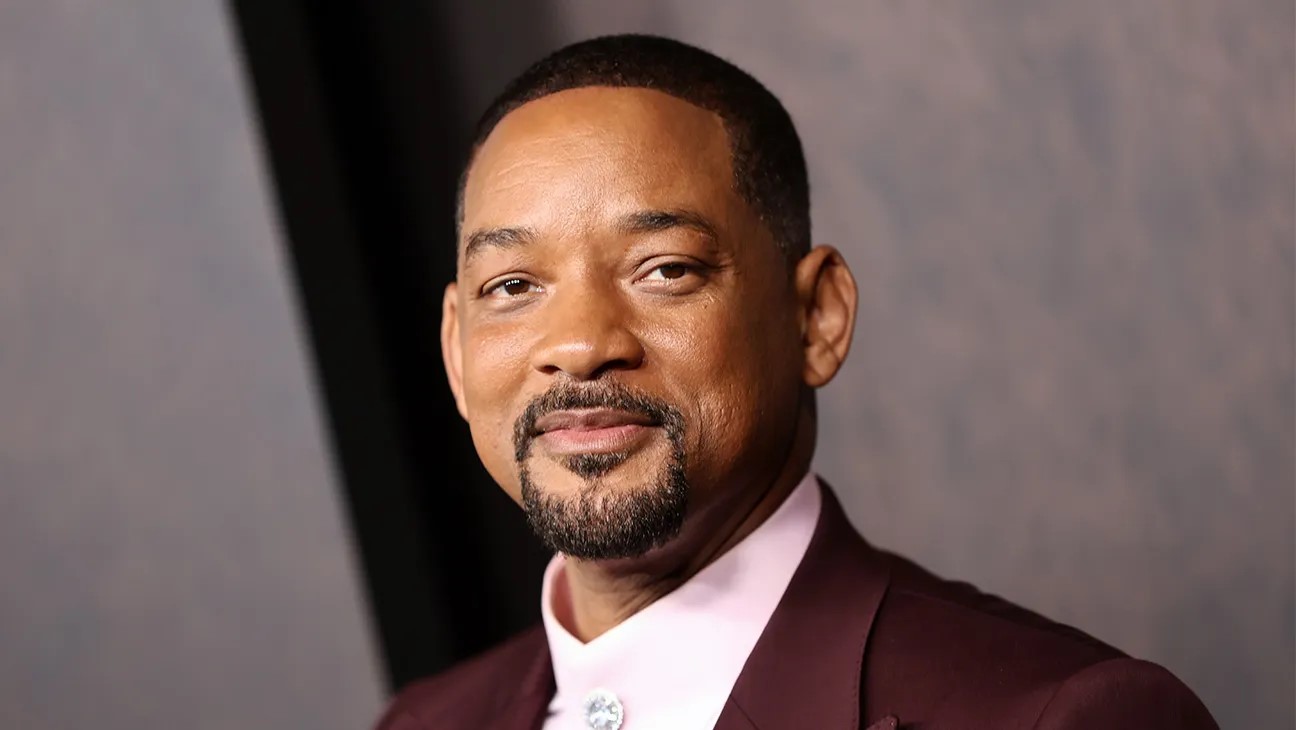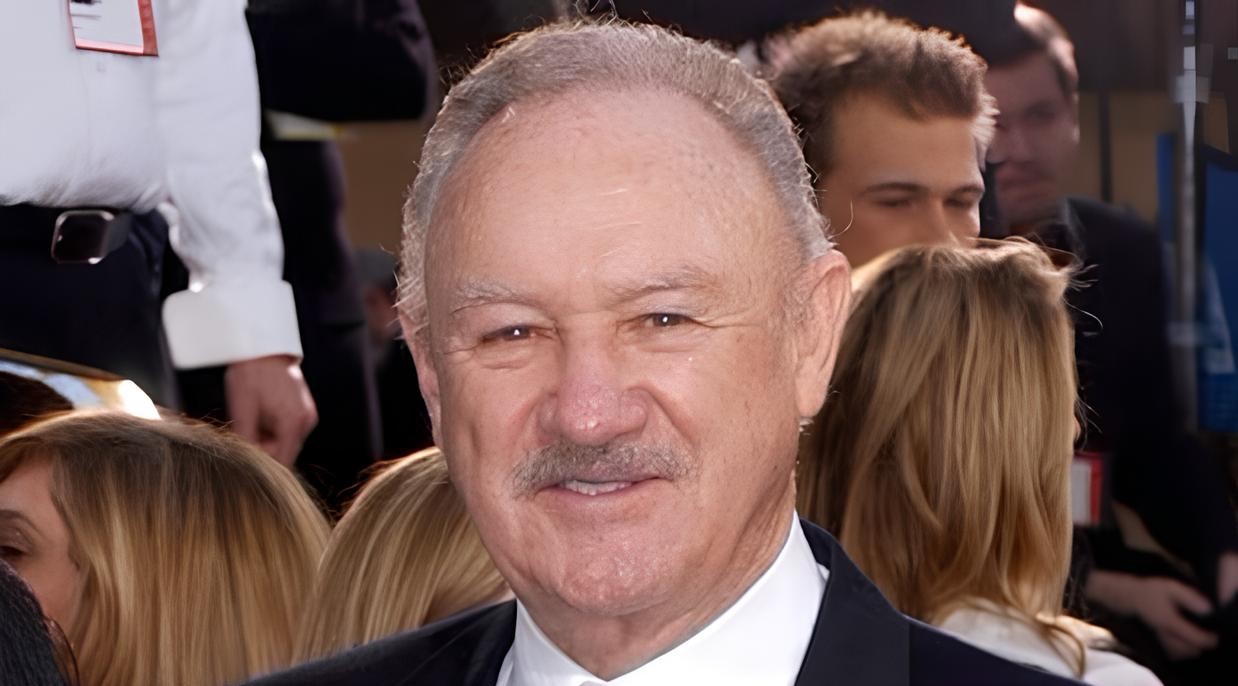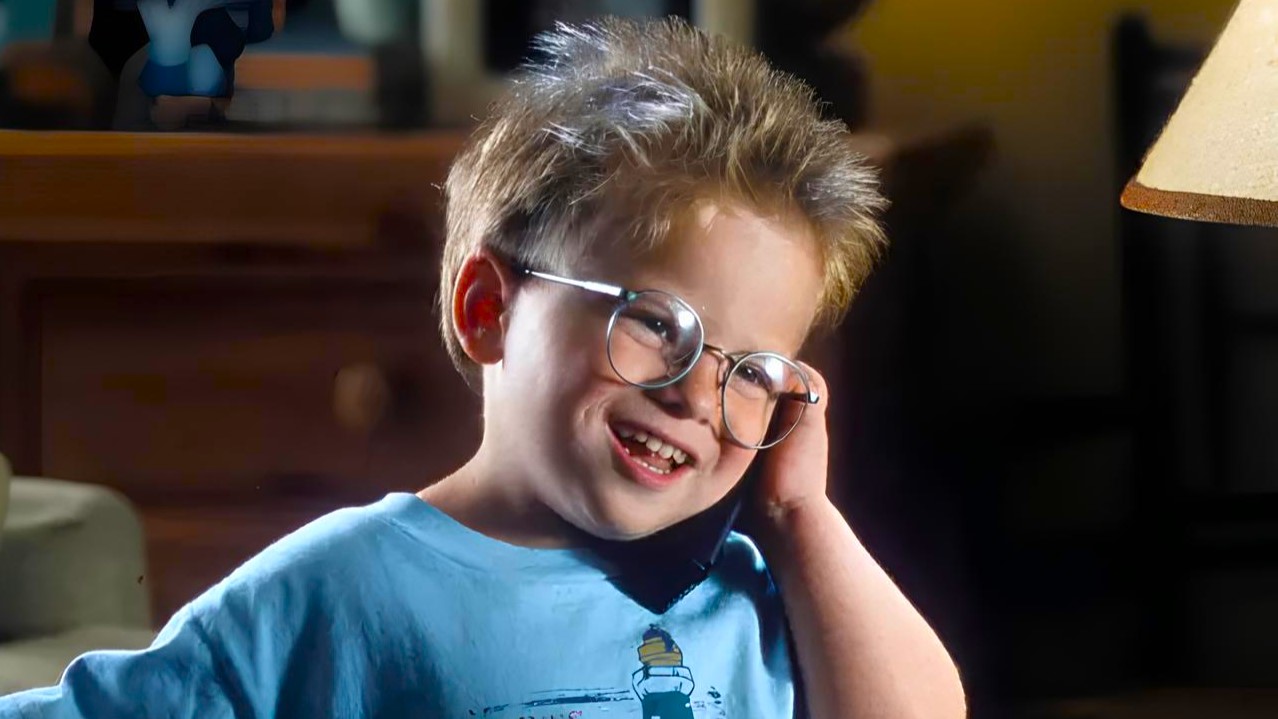Drew Barrymore has been in some of the most loved movies from the ’80s, ’90s, and 2000s. She’s also a producer, writer/director, and even a winemaker. With such a successful career, you might think she grew up in a strict family. But in reality, she didn’t have much support growing up and almost struggled with addiction.
Drew was born to actor John Drew Barrymore and his wife, Jaid. Her parents got her into acting when she was very young, and she landed her first role when she was only 11 months old. However, the issues with addiction in her family, combined with her wild lifestyle, led her down a destructive path. After spending over a year in a treatment facility, Drew decided to legally separate from her parents to find some stability.
How did this legal process happen? How does Drew feel about her decision to distance herself from her parents now? She has openly talked about her difficult childhood and the choice to end her toxic relationship with her parents. She looks back on the experience with a positive outlook.
Her Parents Both Struggled With Their Demons

Drew Barrymore comes from a respected acting family that goes back to the early 19th century. Her father, John Drew Barrymore, was known for his roles in 1960s TV westerns like Gunsmoke and Rawhide. However, when he missed a role on Star Trek, he was suspended by the Screen Actors Guild for six months.
Even after the suspension, John didn’t work much and went into a long decline, both mentally and physically. According to Drew, her father wasn’t around much after she was born, and when he was, his “abusive” and “chaotic” tendencies took over.
Drew’s mother, Jaid, wasn’t abusive, but she didn’t feel prepared to raise a child, having spent most of her young life in a German camp for displaced people. Drew says that her mother was just as wild as she would later become, and their relationship was more like friends than a typical mother-daughter bond.
Barrymore’s Relationship With Her Father Was Non-Existent

Drew Barrymore rarely talks about her father in detail, and when she does, her memories are mostly unclear. She says that while she knows who her father was, she didn’t have a relationship with him because he left his wife and young daughter shortly after she was born.
John finally divorced Jaid when Drew was nine, but he never made an effort to build a relationship with her. From Drew’s point of view, the lack of parenting in her life taught her what a child needs, lessons she hopes to apply to her own children. In 2015, she told More:
“I didn’t really have parents, you know? And therefore the kind of parent I will be is a good, present parent. In a way, maybe that was a detriment to my youth, but it’ll be the biggest asset to my adulthood.”
Today, Drew has two children of her own, Olive and Frankie, and this experience has only made her more determined to be a better parent. As she told Ellen DeGeneres after the birth of her second child: “I realize I was put on this planet to be a good woman so I could raise good women.”
Barrymore Considers The Success Of ‘E.T.’ A ‘Recipe For Disaster’

Drew Barrymore’s film career took off quickly after she appeared in a dog food commercial, which eventually led to her being cast in E.T.. However, Drew sees this moment as the start of a big downturn in her life.
In an interview, she described the success of the film as a “recipe for disaster.” Not only did the role lead to more high-profile work, but it also brought her a level of fame that isn’t normal for a seven-year-old. Drew says she doesn’t regret her childhood, though, because she views it as her way of dealing with her toughest times.
Barrymore’s Mother Took Her To Studio 54 And Hollywood Parties

Drew wasn’t exactly forced into a party lifestyle by her mother, but she was definitely encouraged. After Jaid divorced John, she and Drew started going to clubs like Studio 54 almost every night. At the time, Drew was only nine years old.
This wasn’t a one-time thing for the young girl. Instead, she and her mother partied regularly, drinking and using substances. By the time Drew turned 12, she was in treatment and admitted that one of her biggest issues was cocaine.
The partying didn’t just affect Drew’s health; it also hurt her career. Her reputation as a party girl meant she got fewer roles, and from 1986 to 1989, she worked very little. It wasn’t until 1992 that she began taking on bigger acting roles again.
Barrymore Rarely Went To School

As a young, successful actor with a mother who was an unconventional parent, Drew didn’t have to go to school like other kids. She says that instead of getting up to go to class in the morning, she was given the choice between attending school or hanging out with her mom and going to clubs.
Drew says she didn’t want to go to school because the other kids treated her badly, and it was just more fun to go out with her mom. In 2018, she told comedian Norm Macdonald on his talk show:
“I had a mom, but she was more like my best friend. She was like, ‘Do you want to go to school and get mocked all day, or do you want to go to Studio 54?’ And I was like, ‘Yes, absolutely! I don’t want to spend the day with these little f*ckers who are just awful.’ Kids are so mean.”
Without Limits, Barrymore Struggled With Substances Before Age 10

Drew openly admits that she had serious problems with substances while most kids her age were still asking their parents if they could watch PG-13 movies. The Guardian mentions that she used to pour liquor on her ice cream, and the first time she got drunk was at Rob Lowe’s birthday party when she was only nine years old. In 2015, she told the website, “I don’t think I understood what was good, or pleasurable, or bad. I was probably chasing joy, but I don’t think it was the real joy. I was just too young to know.”
The situation got so bad that Drew had to go into treatment a few years later. She even tried to take her own life.
With no rules about what she could or couldn’t do, and without a strong parental figure in her life, Drew began to spiral. It’s not surprising that she named her 1991 autobiography Little Girl Lost.
Finally, Jaid Put Her Daughter In ‘An Institution’ For A Year And A Half

After Drew tried to take her life, Jaid finally took action and sent her daughter to an institution where she had to follow a strict schedule and meet high expectations.
Drew says the institution was not a fancy celebrity hospital, but a ward for the mentally ill, and she had no idea her mother was going to send her there. If she had known, she would have run away.
Drew stayed in the institution for nearly a year and a half. She described it to The Guardian as a place that helped her get her life back on track. The actor explained:
“It was like serious recruitment training and boot camp, and it was horrible and dark and very long-lived, a year and a half, but I needed it. I needed that whole insane discipline. My life was not normal. I was not a kid in school with normal circumstances. There was something very abnormal, and I needed some severe shift.”
Mental Health Professionals Suggested Emancipation From Her Parents

After her time in the institution, Drew says she became a more caring and humble person. She had never experienced any discipline before, and it was clear that something in her life needed to change. In 2015, she told The Guardian:
“It was a very important thing to experience for me. It was very humbling, very quieting. Maybe it was necessary, because I came out of there a more respecting person. And my parents didn’t teach me that, and life wasn’t teaching me that. I came out in a very different way… but I still was me.”
Drew was released from the institution when she was 14, and her doctors felt that if she was going to make it through her teenage years without becoming heavily involved in substances, she needed to be on her own and away from her parents. On their advice, she started the process of emancipation.
She Says The Emancipation Was Fairly Straight-Forward

When you think of a child seeking emancipation from their parents, you might imagine a long and dramatic legal battle. That wasn’t the case for Drew Barrymore. With approval from medical experts at her former institution and her mother’s agreement, it was relatively easy for her to separate from her family.
From the doctors at the institution to the judge handling her case, Drew says everyone could see that she needed stability in her life, which she couldn’t get with her mother. In 2015, she told the Today Show:
“Our lifestyle together was not traditional, putting it mildly. So walking away from my mom, shaking hands and saying, ‘we need to emancipate,’ those were just the facts. That’s where our journey led us to and we were actually okay with that that’s where we needed to go at that point.”
After Her Emancipation, Barrymore Moved Into Her Own Apartment

Although Drew’s emancipation was simple, moving forward with her life wasn’t as easy as she expected. While her mother taught her how to party, she didn’t teach her normal adult skills like washing dishes or doing laundry. Her life had been unstable, and the sudden pressure to be “normal” was overwhelming for the young actor.
Drew was only 14 when she had to find an apartment and figure out how to live on her own, and she was scared. In 2014, she explained:
“I didn’t know anything. I didn’t know you had to throw food out when it rotted in the fridge. I was convinced someone was going to crawl through my window. I would go to the laundromat and sit there reading Anne Sexton [and] Sylvia Plath.”
Jaid Was Not Invited To Barrymore’s Wedding In 2012

Drew and her mother, Jaid Barrymore, have had a rocky relationship since Drew’s emancipation, but things got worse after Jaid sold her daughter’s baby clothes in the late ’90s. Their relationship remained tense, and when Drew married Will Kopelman, the son of former Chanel CEO Arie Kopelman, on June 2, 2012, she didn’t invite her mother. (Drew later divorced Kopelman after three years of marriage.)
Even though her mother wasn’t at the wedding, Drew still takes care of her, not out of obligation, but because she wants to make sure her mother is okay. In her 2015 memoir Wildflower, Barrymore writes:
“I still support her — I must know that she is taken care of or I simply cannot function. I am grateful to this woman for bringing me into this world, and it would crush me to know she was in need anywhere.”
There’s Still Distance Between Barrymore And Her Mother

Even though Drew takes care of her mother and doesn’t hold a grudge against her for introducing her to a life of pre-teen partying, there is still a gap between them. When Drew became a mother, she hoped it might bring her closer to Jaid, but it didn’t connect them the way she expected.
Drew has never publicly said she’s angry with her mother, but she has said that the extreme lifestyle in the ’80s caused more harm to their relationship than anything else. In the February 2014 issue of Marie Claire, Barrymore explained:
“I’ve always been empathetic toward my mom, and I was even more so when I had a kid and we had a really amazing conversation about it. However, [becoming a mom] hasn’t enabled me to lessen the distance. It’s the hardest subject in my life. I’ve never just been angry with her. I’ve always felt guilt and empathy and utter sensitivity. But we can’t really be in each other’s lives at this point.”



